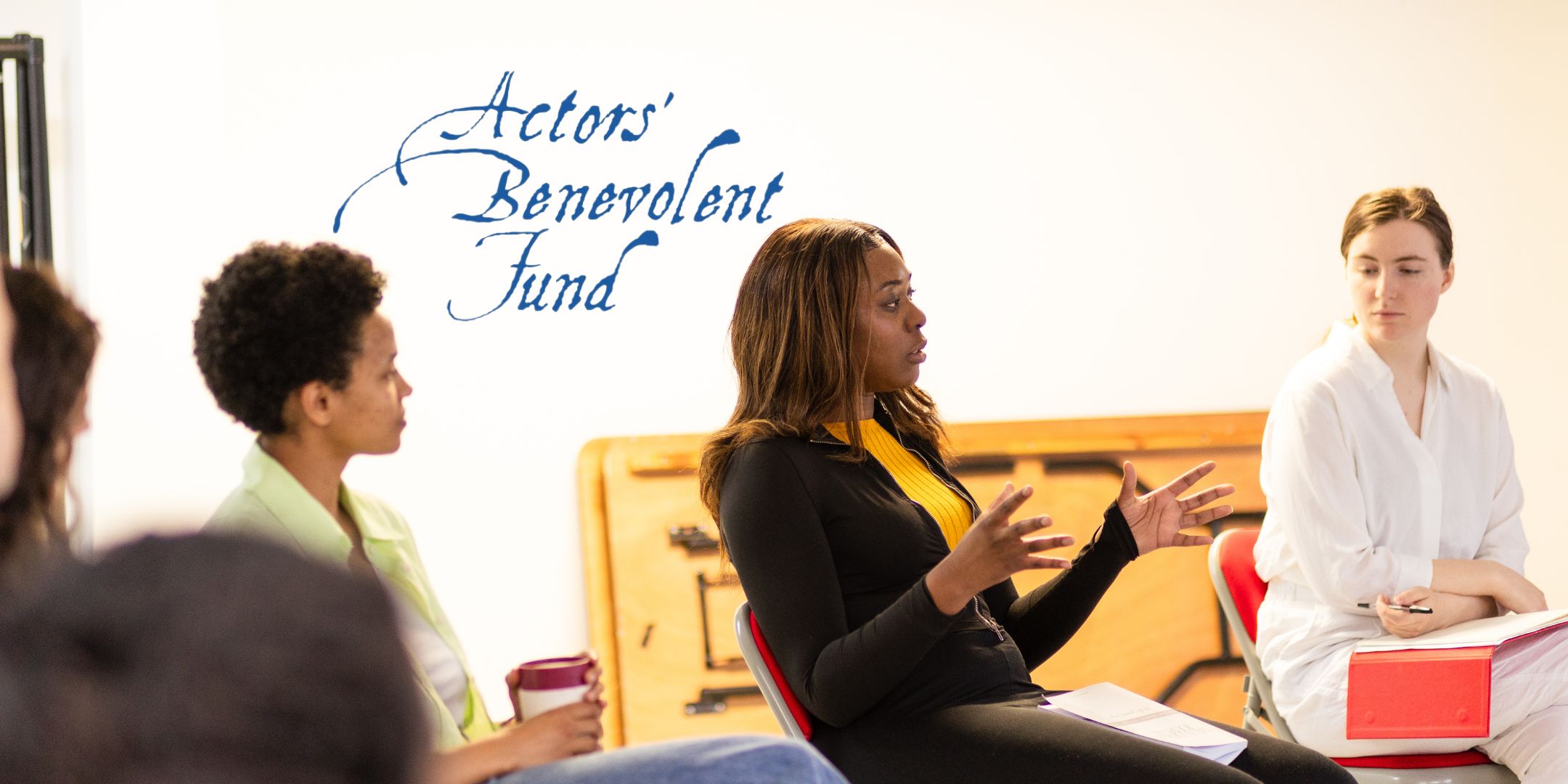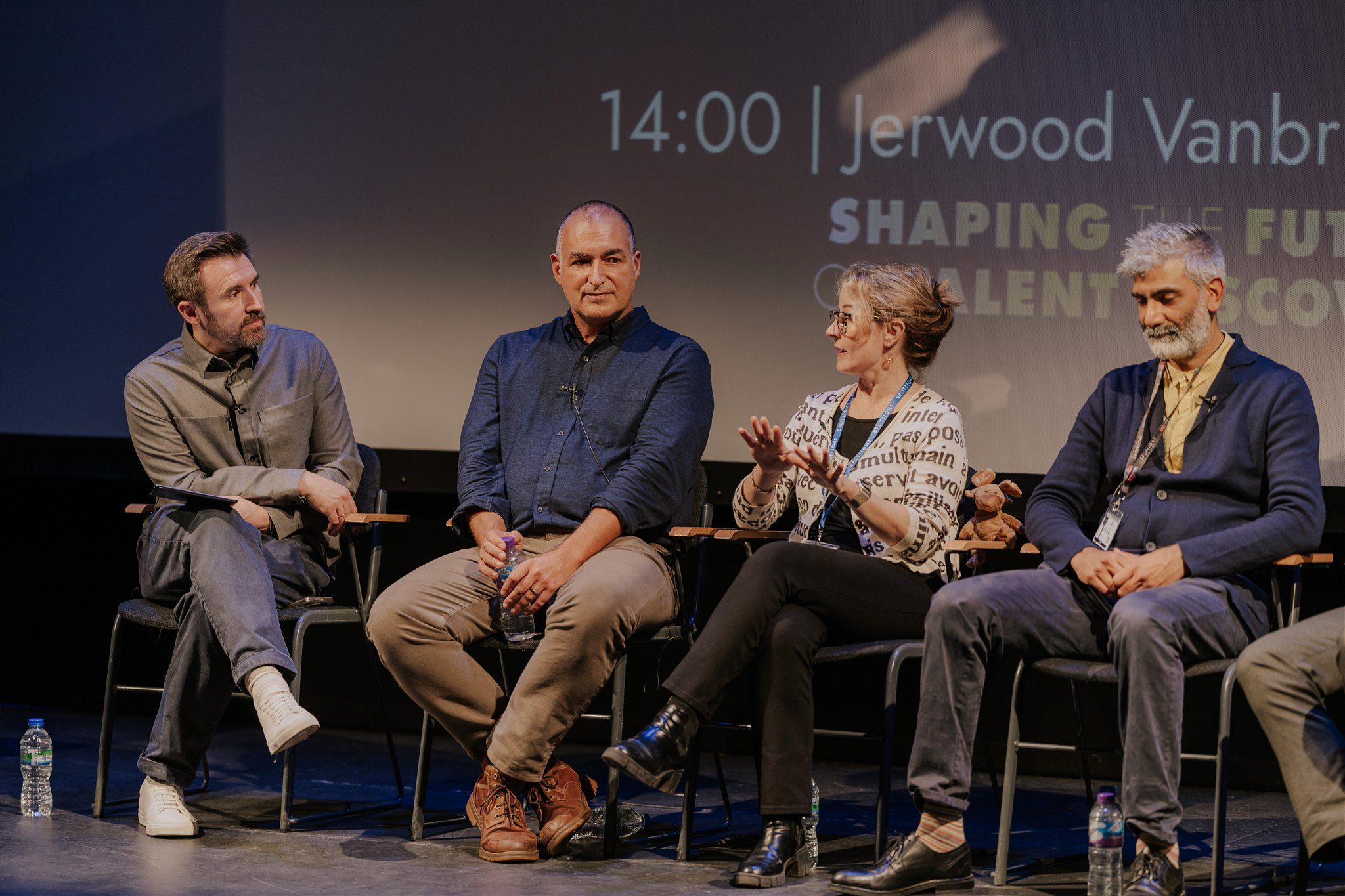What the Actors’ Benevolent Fund is, how performers can receive financial and wellbeing support from them, and why performers should have their say in their survey.
The performing arts industry is known for its creativity and vibrancy, but behind the scenes, many actors and stage managers face challenges like financial difficulty and social isolation. Thankfully, we have charities like the Actors’ Benevolent Fund (ABF). For over 140 years, the ABF has been a lifeline within the industry, offering support and a sense of community to struggling actors.
Spotlight is proud to continue supporting the ABF as they uncover the changing needs of performers within the industry. As part of this, we spoke to the ABF’s CEO, Alison Wyman, and Co-Chair and actor, Alex Macqueen (The Thick of It, The Inbetweeners, The Feud). Together, they discussed the ABF’s mission, how it’s currently evolving to offer the right support to modern performers, and how performers can reach out to the ABF for support. Alex also shared some insights from his successful career and his top tips for other performers.
Here’s what they shared:
Hi Alison and Alex! Could you please introduce yourself and tell us about your industry background and how you first got involved with the Actors’ Benevolent Fund (ABF)?
Alison: I’m Alison Wyman, the Chief Executive of the Actors’ Benevolent Fund. My background is very much in the charity sector. I’ve spent the past 20+ years working for charities. I started my career doing debt advice, then moved into grant-making and then developing services within charities.
I joined the Actors’ Benevolent Fund in July 2023. I wasn’t actually looking for a Chief Executive role, but I realised that I’d managed larger teams and budgets within other organisations and I fitted the description of what they were looking for. So, I thought I’d apply, see what happens, and ended up getting the job. And I’m very pleased that I did. From day one, I had a real passion for the potential of the charity to continue the very rich legacy that it has, but also to reach more people and achieve even greater impact.
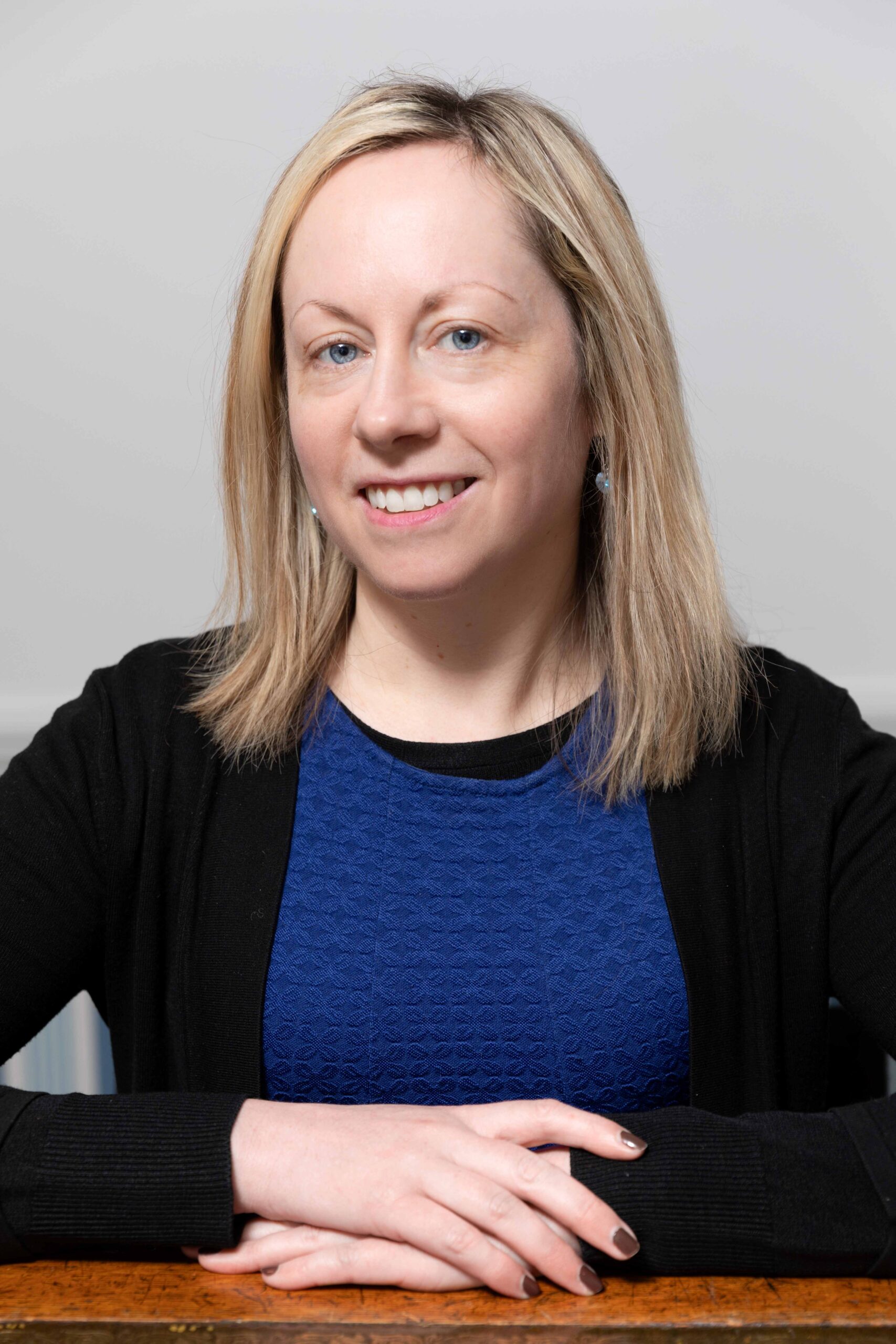
Alison Wyman, CEO of the Actors’ Benevolent Fund / Image credit: Paul Harries
Alex: I started off very briefly as a barrister. I practised law for about a year before becoming an actor and did quite a bit of company and commercial law. About eight years ago, I joined another trust called Z2K, which is an anti-poverty trust in London, just to exercise the legal part of my mind. I’m genuinely very interested in how organisations work. I used to do winding-up petitions in the High Court, so I have insight into what makes companies work or fail.
When the ABF was recruiting new trustees, it felt like an appropriate thing to join because of the link to acting. I stood, got elected and have been absolutely delighted to be part of it since. I’ve only been doing it for a year and a half, and it’s been an incredibly steep learning curve.
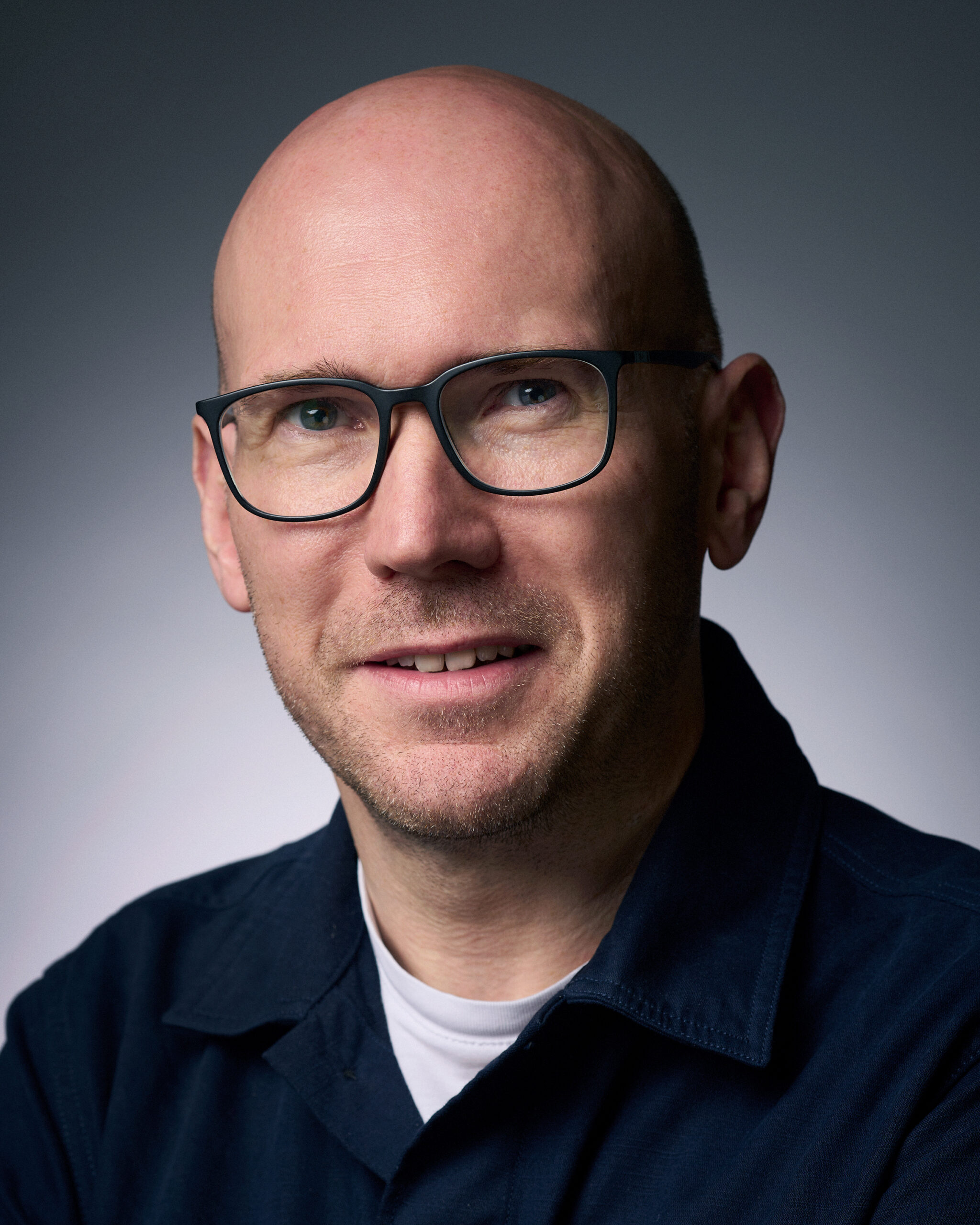
Alex Macqueen, Actor and Co-Chair of the Actors’ Benevolent Fund / Image credit: Seamus Ryan
What is the ABF and what is its core mission?
Alison: The ABF is the charity that supports actors working across all mediums, as well as stage managers. We’ve been around since 1882, so we’ve got a really long history of providing financial support to people who are unable to work due to reasons outside of their control.
Today, we focus on supporting people in the profession to be financially secure, but also to be connected with others and ultimately to live healthy, rewarding lives. That includes providing grants to people experiencing financial difficulty, and that’s the bulk of what we do. But we also provide community events and initiatives to promote mental wellbeing as well.
Alex: Traditionally, over the last hundred years, it’s been for actors in the later stages of their career and life. But given that the industry has altered over the last 50 years, we’ve made a decision to broaden the amount and types of support we give, and the variety of people we give it to. It’s for all ages. People probably haven’t heard of it, especially younger people. We’re making a conscious effort to recalibrate how we’re perceived and what we can provide.
Alison: It’s a place of belonging within an industry that can be wonderful but also, at times, quite challenging. So people are joining a community with the opportunity to build relationships and connections.
Alex: One of the odd things about the acting world is that you’re socialising for a living, and it’s intensely social when you’re in work but profoundly lonely when you’re out of work. The Actors’ Benevolent Fund is going to make strides to provide that social support.
How does the ABF differ from other industry charities and support organisations?
Alison: We were founded over 140 years ago by actors and stage managers to help their own, and we still have a solid community of members to help us reach and engage with the profession. We provide the largest amount of financial support directly to individuals and, as Alex was saying, we’ve got plans to broaden our range of support beyond that.
As well as addressing people’s wider, holistic needs, such as mental wellbeing and social isolation, we’re very much focused on being evidence-led, and we’re engaging with the profession at the moment to identify where we can actually have the greatest impact.
Alex: We’re also going to review what we offer to members. There are around 650 members [paying] £20 a year to be a member, and what we’re aiming to do is broaden out what it means to become a member and what is offered. You don’t have to be a member to receive the support. Anybody in need who is part of the acting and stage management fraternity can apply and be assisted.
Could you share some examples of how the ABF has helped performers in recent years?
Alison: It’s been very responsive to changing needs within society. We provided emergency grants during both the pandemic and the cost-of-living crisis. We also launched a winter grants program last year in recognition of the fact that bills were rising and some people were having a reduction in the support they were getting with fuel costs.
We’ve also delivered community events. We provide coffee and choir mornings in partnership with the Royal Theatrical Fund, and we’ve also done an ABF event featuring the actor Simon Callow, who’s one of our trustees, being interviewed by Rob Rinder.
Alex: There was a young performer recently who contacted the ABF office in great need. They had advanced cancer and were at risk of being evicted from their home because rental bills could not be paid. We were there immediately to provide instant financial support to assist them. We’re here for young people who are in need.
I don’t know much more about that case because we’re very sensitive about protecting people’s confidentiality and their data. I think that’s a useful thing for people to know – trustees who are involved in the benevolent fund generally do not get to know the names and identities of those we assist.
What is the ABF currently working on?
Alison: Last year, we launched a new strategy called Acting for Impact. Ultimately, it’s aiming to help more people in more ways. Our goals over the next few years are to help more people, increase our impact, and broaden our range of support to reflect the challenges in today’s profession. We’ve been engaging with people in the profession, including Spotlight members, to identify how we can be as relevant and helpful as possible to today’s industry.
We’re about to launch a survey to gather evidence on the areas of greatest challenge within the profession so we can then use that information to broaden our range of support in the most impactful way possible.
Alex: It’s sort of an MRI scan of the acting and stage management community to really see where the industry’s at and how we can assist. It’s going to be quite a substantial project.
In terms of what else we’re doing, we have a three-year strategy, which is underway. We’re also beginning to think about what’s beyond that. [Our ambition is to] think about the nations and regions and how we might have a presence there.
How do you ensure the ABF remains aware of and responsive to the challenges facing today’s acting and stage management professionals?
Alison: We recognise the profession today is very different to how it was even just five or six years ago. There’s an increase in self-tapes, fewer in-person auditions, the rise of AI and a more challenging financial environment. We’re aware that it can be a wonderful and exciting industry, but it can also be a precarious and challenging one. So we provide a place of community and belonging that welcomes everyone and we make sure that we regularly engage with people to understand the challenges that are emerging.
As part of that, we’re about to launch a survey in June, in partnership with a number of organisations, including Spotlight and the Stage Management Association, to gather evidence on the areas of greatest challenge within the profession so that we can make sure that we are broadening our range of support in the most impactful way possible. We would really welcome everybody’s input into that because we can then provide the most relevant support if we know what people’s needs are.
How can a performer reach out to the ABF to get support?
Alison: They can visit our website at actorsbenevolentfund.co.uk. That contains information on the ways we can help and how people can get involved. We also love to hear from people, so they can email us at office@abf.org.uk.
Some of our staff come from acting backgrounds themselves, so, they do understand the profession and its challenges very well. As Alex said, every inquiry is treated confidentially.
It’s an opportunity to give back as well to the profession by becoming a member, because it’s only £20 a year and it goes towards helping peers within the industry who are in need.
If they go to our website, there’s information about how we can help. If it’s financial support, then we do ask for some information just to set out what type of support they need. We can provide help with short-term needs, for example, struggling to pay bills because somebody hasn’t been able to work because of an injury. We can provide some long-term support as well.
We do ask for some evidence of financial need, but we’re very mindful about not making that ask too onerous because we know if people are going through a time of difficulty, the last thing they need is to have lots and lots of hoops to jump through. We ask questions because we have a responsibility to use the charitable funds wisely and for good, but we strive to do it in a way that is going to be reasonable for the person who’s making the request.
Alex, you’ve had a varied and successful acting career. What have been some of your standout moments from it?
Alex: I’ve been very lucky in terms of the opportunities had. I started off with an advert for Utterly Butterly, which was improvised, and that got me into the crosshairs of Amando Ianucci, who was casting an improvised comedy called The Thick of It. Because I got into the comedy slipstream, that got me involved in The Inbetweeners, and from there, it got me involved in projects that I’ve been attached to [ever] since.
In particular, the joy of working with Julia Davis, who I’ve worked with on a number of occasions. She’s not just brilliant as a human being, she’s brilliant creatively. I’ve been very very fortunate to work with her and a couple of childhood heroes, too. The penny dropped that I was a lucky individual when I was working with Michael Caine in a film called Youth. I’d watched him as a child and suddenly to find myself acting opposite him in a film was a real threshold of delight.
How do you maintain your motivation and creativity during quieter periods of work?
Alex: I turn my hand to writing. I’m involved in a writing project at the moment and have done and been involved in previous ones into the bargain. Writing is a really useful creative outlet. I suggest having interests and focuses outside of acting itself because acting is such good fun. It’s a sort of hobby that becomes a job. It’s too easy to place it front and centre in your life and make your entire life all about acting. If you can bring yourself slowly but surely to open up other avenues of interest and keep those alive, that’ll be very helpful to you when you do go through these quieter, less exciting periods.
Most of my peer group have become highly successful because they refused to wait for the phone to ring and decided to write their own material. When I was starting out 25 years ago, there were a few channels and very few avenues into the workplace. But now, you could make a film or a short television series off the back of your iPhone and publish it on YouTube. The ability to come to market is far easier and greater now.
Finally, what’s the best piece of acting advice you’ve ever been given?
Alex: A really useful thing I heard from a fellow actor was, ‘Action means go when you’re ready’. The tension and stress of a take is quite powerful, because you could have 200 people on set and suddenly the entire operation is focusing on you and you alone. When you hear the word ‘action’, you feel like a horse about to bolt, and that can militate against a calm and nuanced performance. Rather than suddenly going on ‘action’, take a breath, take a moment and give yourself that space.
Another piece of advice from a director is to ‘Play the drama, don’t play the comedy. The script will do all that for you. All you must do is play the truth.’ That was a very useful insight.
I did acting when I was a kid because it was great fun. It was such a pleasure to inhabit another character, say other words and be somebody else. One of the tragedies of doing it for a living is it gets wound up in how to pay your mortgage and personal ambition and all the rest. It’s too easy to forget the need to play and enjoy it. There’s a great actor in the US, Bob Odenkirk, who says, ‘It’s all phony baloney, but it’s good fun’. I think it’s really important to remember to have fun with it and not lose the joy that probably inspired you to do it in the first place. That would be my pearl: remember to enjoy it. It’s meant to be good fun.
A massive thanks to Alison and Alex for telling us more about the Actors’ Benevolent Fund and sharing their experience!
